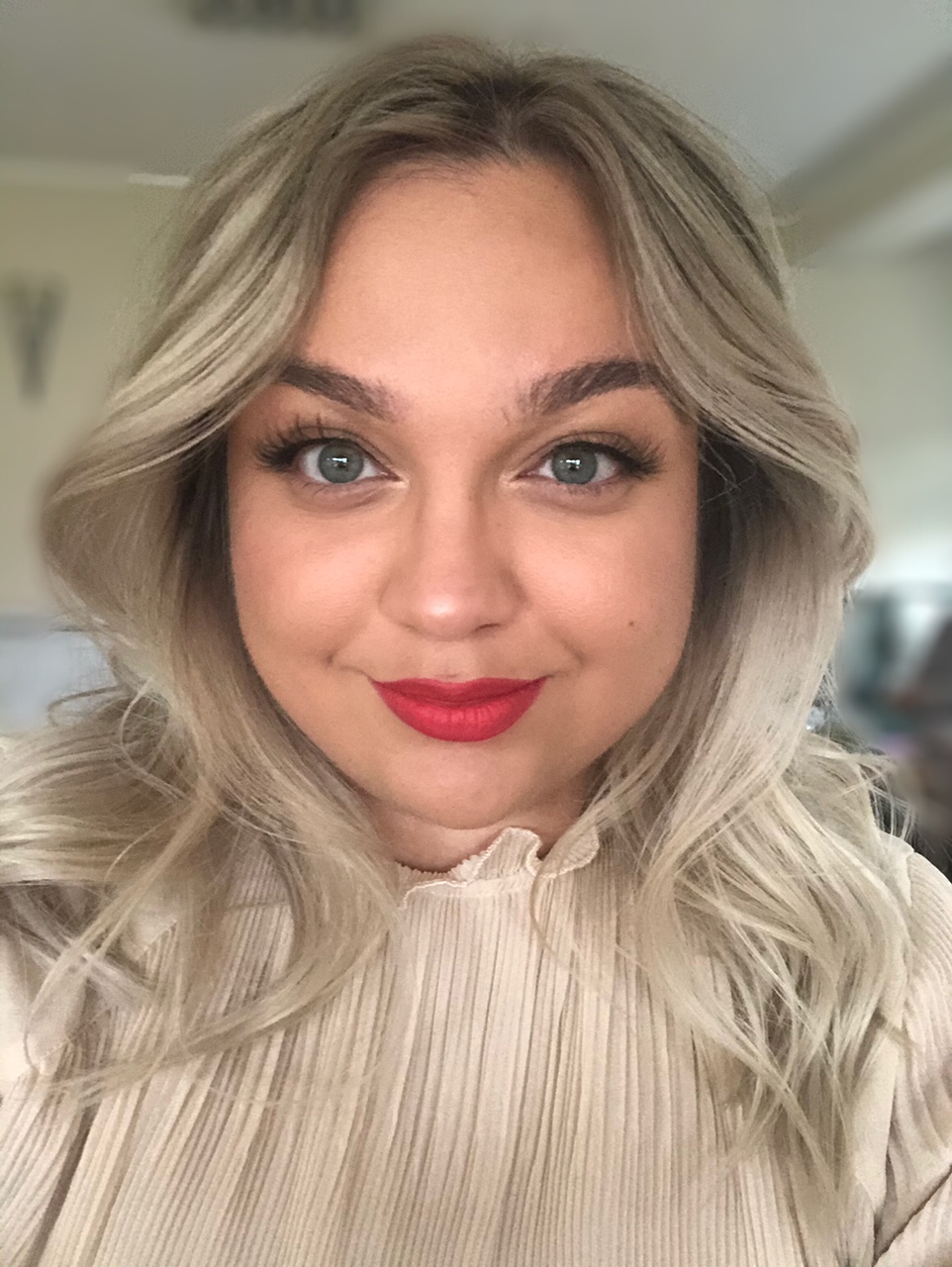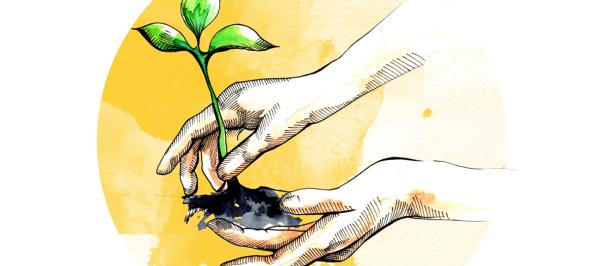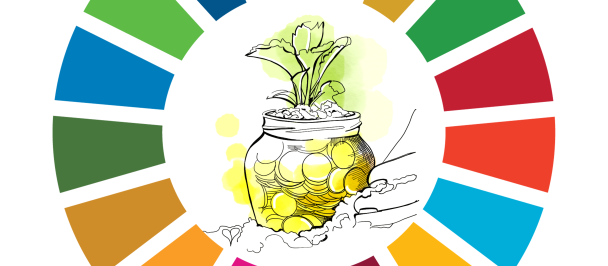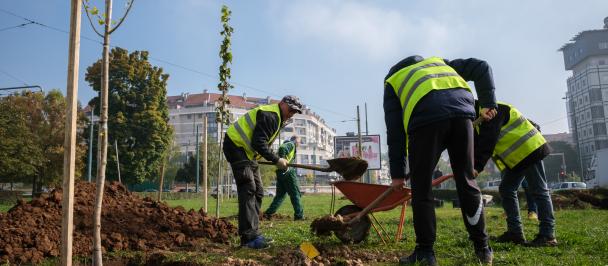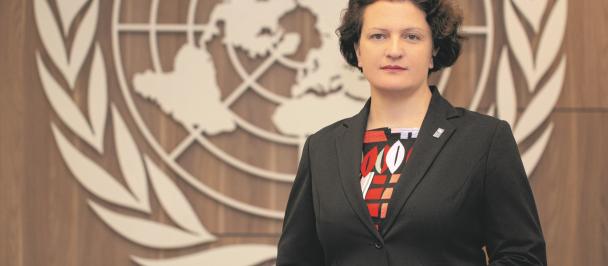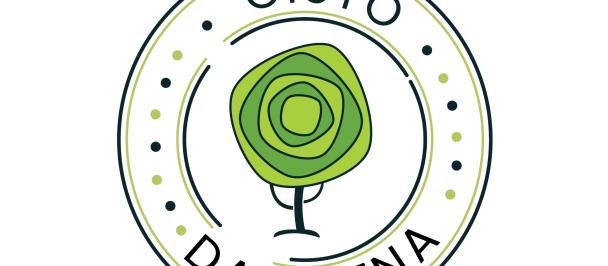Author: Ena Kapetanović
What do Marvel comic book, technology and people have in common? They all ask the question “What if…?” and they all can be superheroes or supervillains.
People move. Cars, planes and trams move. Planet moves. Rivers and animals move. Cities move. People go from one place to another; taxis and buses roll along the roads, while bicycles and scooters jostle for space. Everyone has somewhere to go and somewhere to be. And we all move in different directions. However, oftentimes the right to free movement is not equally granted to all.
But what if... it can be?
Accessibility isn’t a feature. It’s a fundamental human right. According to the World Health Organisation, around 80 million people in the world have some form of motor disability. That number reaches almost 175,000 in Bosnia and Herzegovina and 30,000 in Sarajevo. At the same time, they all face an identical problem. Life on the planet hasn't been designed with the needs of different body or ability types in mind.
I, for one, know that really well, because I’m just one of 80 million. Over half of my life I’ve spent in a wheelchair and looking at the world from a lower perspective. I grew up in Sarajevo - a war affected, developing city in Bosnia and Herzegovina - and my life here was challenged by the difficult, almost unbeatable barriers in the built environment.
In 2019 I had the chance to go to Slovenia to study entrepreneurship & technology and for the first time in 25 years I was living and traveling by myself. I felt like Superman or Professor X, being able to fly across countries and visit cities on my own. All the experiences I had during that time opened some new worlds and opportunities for me and broadened my lower perspectives. However, I also realized that in many parts of the world, like, for example in Bosnia and Herzegovina - people are systematically discriminated against and excluded based on physical ability.
Through my own experience and tapping into innovation and technology, I have discovered how to connect business and social purpose. This is how the WeMapp idea was born! WeMapp is imagined as a community-based digital platform that enables people with mobility difficulties to move safely and independently by providing personalized routes based on motor ability for them through a map that contains route obstacle and accessibility detection powered by Artificial Intelligence. Such a tool offering precious information about the specifics of the outdoor environment and helping barrier-free navigation can be a game-changer in the daily life of persons with motor disabilities. WeMapp disguised in a mobile app is actually a social entrepreneurship at the service of people’s and urban mobility.
What if...I’m not alone?
Addressing the issue of accessibility of the built living environment requires joint forces of communities, institutions and businesses. 2020 was the pilot year for this idea - it was just the beginning of trying to set change in motion. 2021 came with many challenges, including the COVID-19 crisis. But at the same time, my enthusiasm around the idea only kept generating more networks and supporters ready to work with me on it.
Amongst them, the UNDP Accelerator Lab recognized the importance of the idea and the impact it could have on people’s quality of life. We embarked on an exciting and playful journey that included ideating on possible solutions, creating a network of stakeholders, launching the first urban walks & rolls in Vilsonovo šetaliste to gathering opinions and insights on the accessibility of the urban spaces in the city of Sarajevo. These are just some of the initiatives we’ve undertaken alongside our partners over the last 10 months, all blazing a trail for new ways to address the existing challenges of inaccessible living.
To make the WeMapp solution customised to the people's needs, together with the Lab team we have developed a survey to help collect the voice and hear the needs of persons with motor disabilities. Do you want to be part of the change and join us in this endeavor? All it takes to be one of the superheroes (not all superheros wear capes!) is to fill out this survey below, which will take only 5 minutes of your time.
Fill in the survey
What if... all of it works?
Given the far-reaching effects that inaccessibility has on people's lives, being a society, economy and global community that cares for all people has to be a norm. In such a society, a person with a disability is then simply another individual with unique experiences and life stories. And technology will be a powerful engine for a thriving and inclusive future. Because technology without the right intention serves no purpose. Through WeMapp, a tech-supported community information sharing and crowdsourcing of accessibility data, every citizen can help make a more inclusive, accessible and happier society.
Much like the story of creation of the new universe in the popular Marvel Comic What If…? that inspired this blog, what if all of these efforts work and we do create an inclusive space for everyone? What if we all move in the same direction and create smarter, more human-centred cities? I often imagine alternate universes I would like to live in. From barrier-free accessibility in buildings, streets and natural spaces to education, work, leisure, health services, public transport networks and easy-to-understand information. What if WeMapp and alike purpose-driven tech is our point of divergence and the consequences are a fully accessible, marvelous universe for all? What if…?
---
About author:
Ena Kapetanović is a social entrepreneur with a focus on the use of technology to improve the quality of life of the most vulnerable groups in the world. She works as a Product Manager at the Sarajevan start-up venture Ministry of Programming.
Ena is also the founder of an impact startup and an innovative think tank that designs and develops tech tools and products for people with disabilities.
- Passionate in encouraging girls and women to consider career opportunities in the IT industry.
- As a member of Startup Grind Sarajevo, her work revolves around bringing together investors, the local community and the public sector to better support the community of technology entrepreneurs.

 Locations
Locations